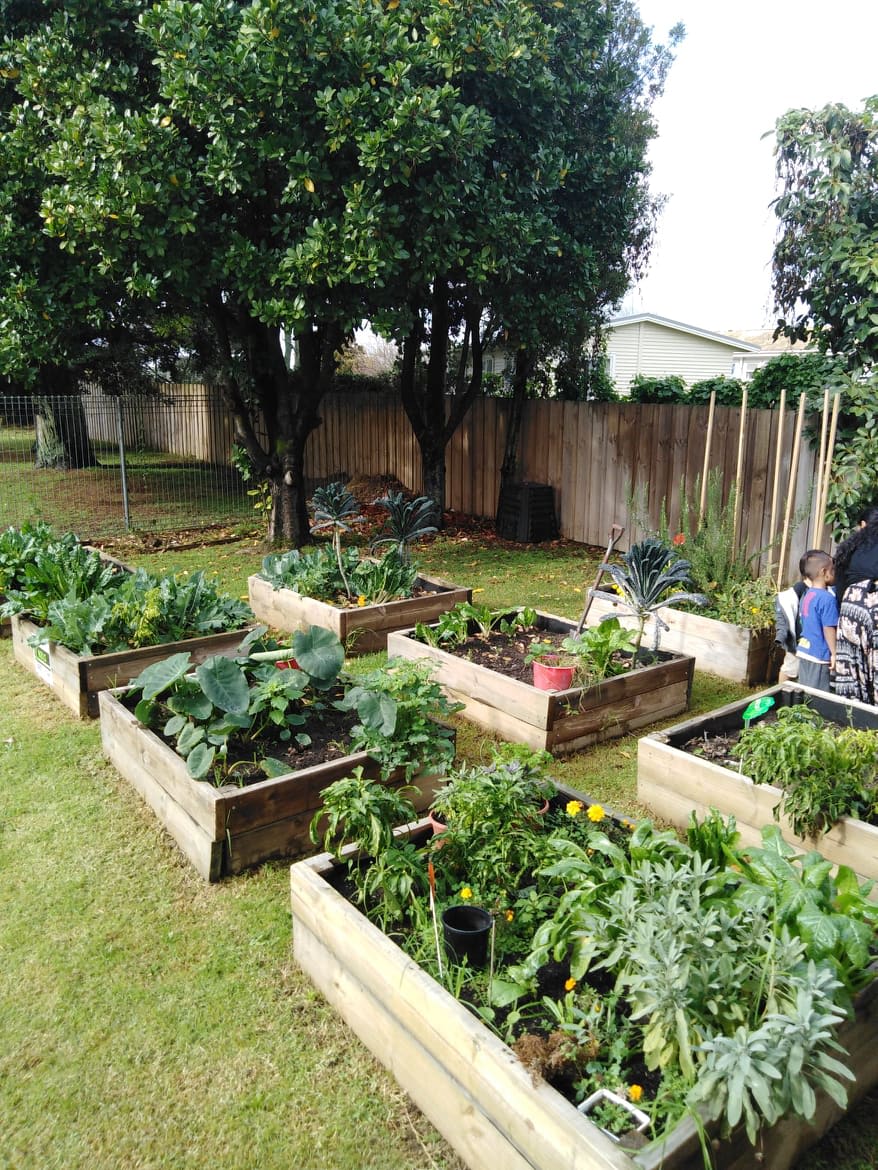At a time when some describe the under-pressure early childhood sector as broken, one centre in South Auckland is doing what it can to support its tamariki and whānau.
Last week, the Child Poverty Action Group released a report calling for the nationalisation of the sector, something the education union NZEI has also advocated for.
The CPAG report spoke of benefits of high-quality early childhood education. It said early childhood education (ECE) had the potential to act as an equaliser, “and a vehicle for mitigating child poverty in Aotearoa”.
But attending ECE was not always a good thing, it said.
“Poor quality ECE can have a detrimental impact on a child’s wellbeing, and in some cases may be worse than attending no early learning service at all.”
This report adds to a recent collection of media reports and online discussions from teachers and advocacy groups. It all paints a picture of a sector under significant stress, and a workforce at breaking point.
While the Government has released a 10-year early learning action plan, advocates, researchers and teachers have described this as “a plan about a plan”, and say the need for significant change is urgent.
“I know it is an unsettled time for ECE and our teachers at the moment and I would hate for all of the stories to be about burn out, stress and struggle.”
But among the negatives, there are centres and teachers going above and beyond for their children and their communities. One of them is a three-year-old centre in Otara, South Auckland.
The manager of the small childcare centre in Otara said the poor conditions were a very real part of working in ECE, but she didn’t dwell on that.
“I know it is an unsettled time for ECE and our teachers at the moment and I would hate for all of the stories to be about burn out, stress and struggle.”
Emma-Jane Jones manages Nga Taonga Aroha Early Childhood Centre, which is part of the Manurewa-based Taonga Education Centre Charitable Trust.
The centre was full of diverse families and children, who struggled with physical challenges, life challenges and additional needs, she said.
“More than 90 percent of our tamariki… are facing challenges that shouldn’t be seen in the early years and yet we all rise above it…
“Children who live below the breadline; with language delays; behavioral issues; English as a second language are disadvantaged from the beginning in New Zealand’s school system so we work so hard to try and even this out while they are with us.”
Jones said the centre’s operations manager and the chief executive were open and honest, and the trust board was compassionate to the centre’s needs.
But there wasn’t enough funding to offer the care, love and education that would bring their children in-line with other children across the country.

Instead, the teachers worked above and beyond what was expected from them, even though the pay was not great.
Jones said the only way to increase their pay would be through more government funding, because if the centre charged parents more, they would be forced to pull their children out to go to a cheaper, but not necessarily better, centre up the road.
Nga Taonga Aroha’s teachers regularly drove across Auckland to pick up free clothes being offered for their families who needed them. They also organised their own food parcels when families were hungry.
During Covid-19 lockdown the centre made food parcels, found warm clothes and bedding, and covered two months of internet costs for all of its families, so they could stay in touch, and didn’t feel isolated.
Some of the Covid response was funded with grants but most of it was funded by the centre’s teachers going above and beyond, Jones said.
“We know that for the tamariki we care for to succeed, the whole whānau needs to succeed.”
Nga Taonga Aroha also planted a whānau veggie garden – with community support – after realising many families struggled to get good quality, affordable vegetables at home.
“Our team is lucky to have their passion which is what gets us through most days.
“Our parents are doing the best with what they’ve got and what they know and we support them in any way we can.”
Jones said the centre offered wrap-around services and referrals.
“We know that for the tamariki we care for to succeed, the whole whānau needs to succeed.”
Jones said while there were negative aspects of early childhood education, and some people came into the sector with the intention to make a lot of money, it was also important to share a positive story to give parents and teachers hope, she said.
“A story where our tamariki and whānau are loved, appreciated and supported. Where we love our jobs and love our profession.”
Jones said the staff at Nga Taonga Aroha were proud of the work they did, and proud to have a positive outlook when so many others were struggling.
“I am not saying that everything is great, but we make the most of what we have, work hard for our whānau and are passionate about what we do which makes coming to work every day a blessing.”



